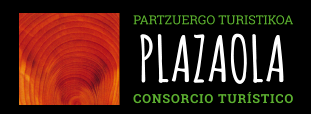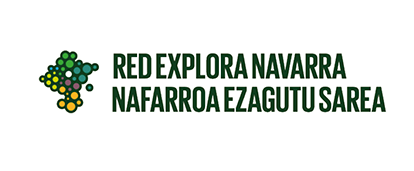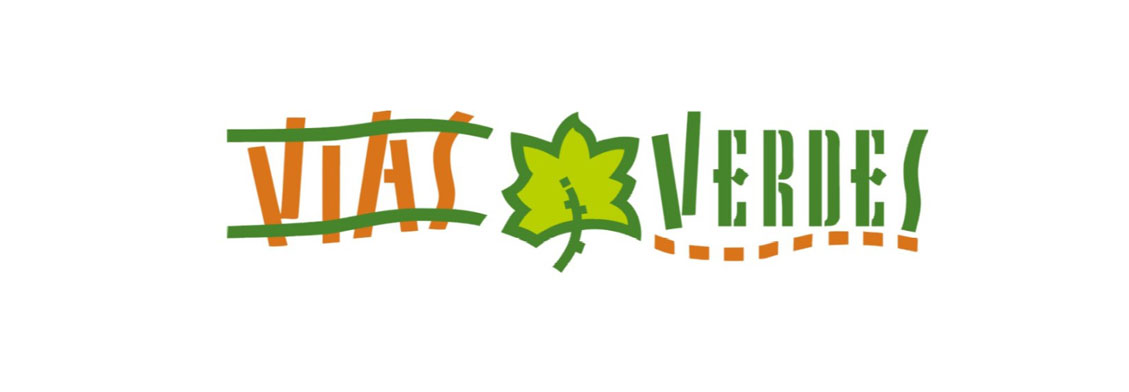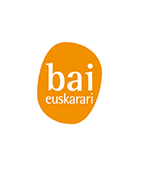Rural Sports- "Herri Kirola"
Traditional Basque sports can be divided into two categories: those that put man to the test, and those that put animals to the test (above all oxen and rams). With the exception of the game ‘pelota’ and contrary to most modern sports, ‘los herri-kirolak’ (rural sports) are all derived from tasks carried out either on land or at sea. Basque sport represents: tasks carried out in the mountains (the collection of firewood); in the fields (agricultural and livestock tasks); in the quarries (the use of large stones, dragged by oxen, to construct buildings); or at sea. The tools and skills particular to each type of work are employed by the competitors.
The daily chores of yesteryear have become the fun and games of today.
The mountainous relief of the region has dictated the nature of our sports. Working the land requires great effort and strength and as a consequence has produced labourers with extraordinary energy and physical prowess, which they are more than willing to demonstrate.
Before their professionalisation, the importance and value of these sports were kept alive through challenges and bets. These usually arose within the working environment, often whilst carrying out communal tasks or “auzolan”.
In the plaza, the main aim of the sportsmen was to intimidate their opponents and meet the expectations of their supporters. At the same time they were defending their homes and villages or region.
However, this does not apply to the most widespread Basque sport ‘la pelota vasca’ a genuine game, unrelated to work and requiring less physical strength than the other traditional sports. It would seem that Basque pelota is a variation of an old European game called Jeu de Paume. Some of the rules in Basque pelota, as in tennis, still have similarities with the original game, for example the scoring system and number of bounces allowed. However, Basque pelota is now a game in its own right and is widely recognised and played outside the Basque country as well.
The villages that form an integral part of the Plazaola Consortium, are the birth place of some great athletes and have, over the years, nurtured these rural sports into what they are today.
For further information on traditional rural sports there is an exhibition in the Plazaola station in Lekunberri together with an audiovisual presentation called "Gure Herria , gure Kirola" (“our land, our sport”).






